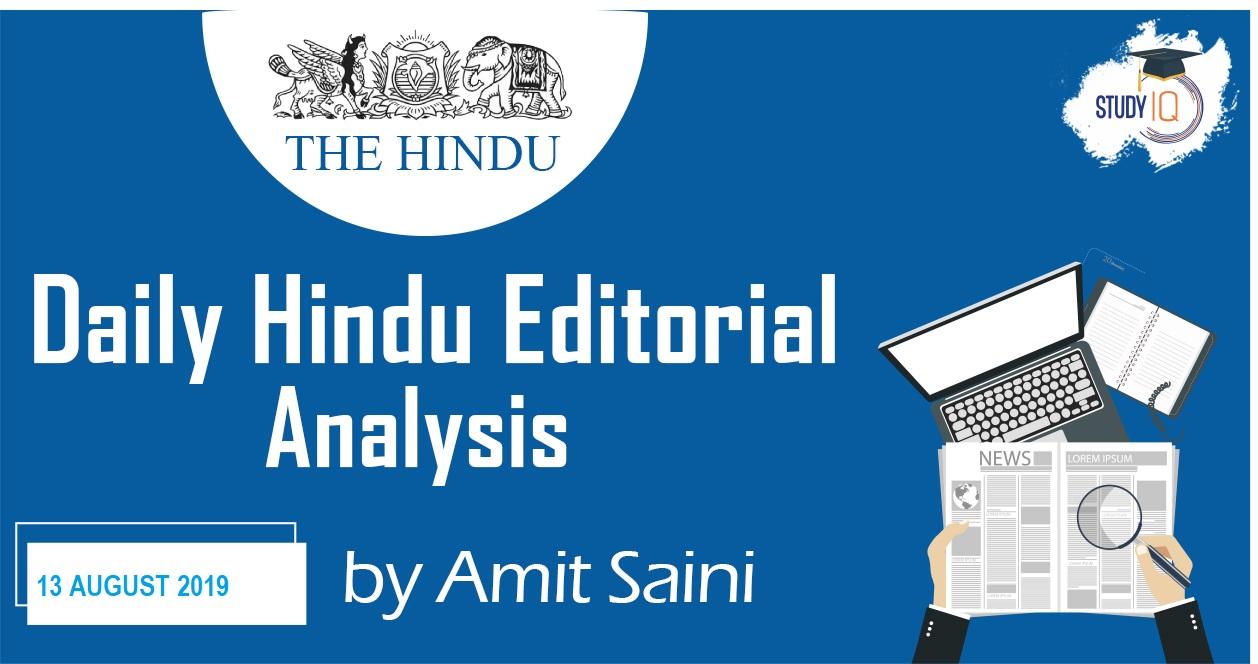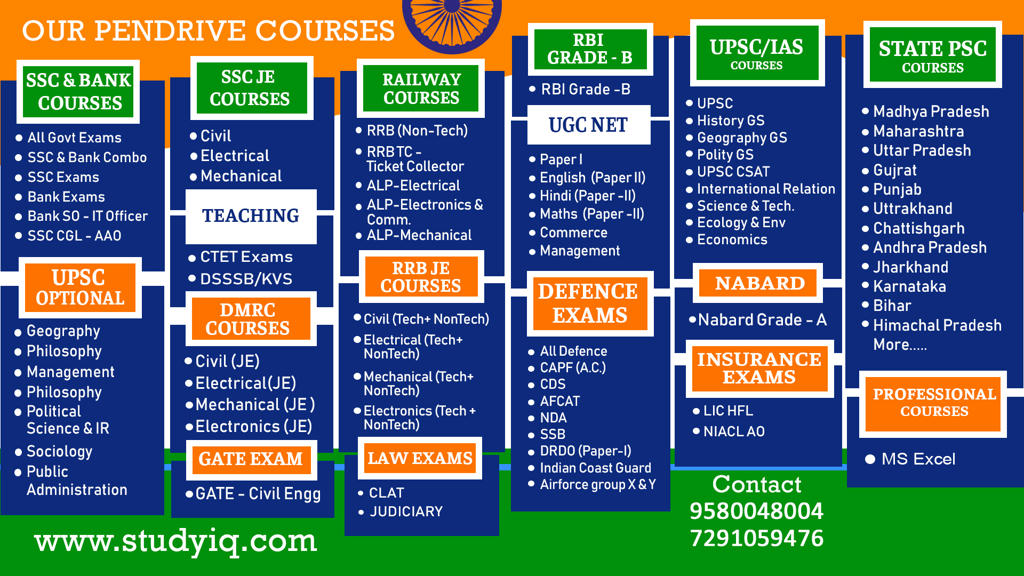Table of Contents
Strongman Candidate
- Gotabaya nomination may strengthen view that Rajapaksas are pursuing family interests
- In naming his brother Gotabaya Rajapaksa as his party’s presidential candidate, former Sri Lankan president Mahinda Rajapaksa has apparently gone by his instinctive understanding that the people may favour a strong leader who prioritises internal security. Mr. Gotabaya, a former defence secretary credited with being the brain behind the crushing military defeat inflicted on the Liberation Tigers in 2009, is the candidate of the Sri Lanka Podujana Peramuna (SLPP). The party was launched in 2016 by Mahinda Rajapaksa loyalists, but he has taken over its leadership only now. Sri Lanka is set to have a presidential election before the year is out, one that would be a virtual referendum on the performance of a power-sharing arrangement between political rivals from the Sri Lanka Freedom Party (SLFP) and the United National Party (UNP).
- The alliance of Maithripala Sirisena and Ranil Wickremesinghe came to power in 2015 on the promise of ‘good governance’, and a democratic departure from nearly a decade of authoritarian rule, majoritarian triumphalism and denudation of democratic institutions under Mr. Mahinda Rajapaksa. The Sirisena-Wickremesinghe combination does not seem to have done enough to revive the economy or introduce political and economic reforms. Their alliance collapsed last year due to persistent differences, and in October 2018, Mr. Sirisena sought to replace Mr. Wickremesinghe with Mr. Rajapaksa. The courts stalled the move and restored the UNP leader’s office. Earlier this year, the Easter Sunday bomb blasts in churches and hotels, may have brought back popular apprehensions about national security and accentuated differences in the multiethnic country. In this backdrop, the candidature of Mr. Gotabaya Rajapaksa is no surprise.
- However, Mr. Gotabaya’s presence in the fray comes with its own controversies. His strongman image evokes fear among minorities. His name is linked with war crimes, murder, corruption cases as well as with the infamous ‘white van abductions’ that led to many disappearances. That he holds dual citizenship is another controversy, but it is now claimed he has renounced his U.S. citizenship and obtained a new Sri Lankan passport.
- With Mr. Mahinda likely to aim for the PM’s position in a Gotabaya presidency, the candidacy may reinforce their detractors’ view that the Rajapaksas are keen on securing their family’s interests. His brother Basil Rajapaksa recently said in support of Mr. Gotabaya that elimination of corruption in Sri Lanka “needs a terminator”, but the appellation only evoked sarcastic approbation for its deadly and destructive import. He will most likely have the support of President Sirisena’s SLFP. However, the UNP is yet to decide on its candidate. It will have to choose from among its leader, Mr. Wickremesinghe, deputy leader Sajith Premadasa, and Parliament Speaker Karu Jayasuriya. A larger question now is whether Sri Lanka still believes in the platform of reform and progress that decided the 2015 elections, or would not mind a reversion to the Rajapaksa era.
- To express opinions is the fundamental right of every Indian; so also to claim that her opinions are true. But whether in fact they are true isn’t in the hands of the person who expresses them. Their truth, validity and even plausibility are determined through contestation and scrutiny by others.
- More importantly, some types of scrutiny are more scrupulous, thorough and rigorous than others. They uncover indefensible, baseless or unsustainable opinions. They demonstrate that other opinions are less-biased, withstand the test of time, and have a greater openness in accepting their fallibility. In doing so, these inquiries produce a better, clearer understanding of the world, providing a deeper insight into the complexities of the human condition. Therefore, they are of a different qualitative worth than others, more deserving of being called ‘knowledge’. Knowledge-production begins with opinions but does not end with them.
- Academic freedom protects such spaces of contestation and scrutiny through which knowledge is produced. It refers to the freedom of scholars to conduct critical enquiry, and the freedom of teachers and students to collectively deliberate on any idea without fear of sanction, censure or illegitimate interference. To sift knowledge from mere opinion requires a sound training in research and an awareness of professional standards of scholarship, norms of peer engagement and time-tested, disciplined ways of knowing (methodologies). This is true of all practices involving standards of excellence. For instance, it is not my subjective opinion that Viv Richards was a great batsman. This fact is established by the collective judgment of the greats of international cricket.
Patiently acquired skills
- In short, academic freedom protects the patiently acquired skills and practices of all such knowledgeproducing and knowledge-transmitting agents (teachers, researchers and students). Since academic practices are sustained within institutions, academic freedom includes the autonomy of institutions where teaching and scholarly research is conducted.
- My intellectual interest in academic freedom was provoked when, in 1999, I was asked to contribute a short essay on the state of academic freedom in India to Academe, a journal of the American Association of University Professors. In that article, I claimed that the freedom of scholars and autonomy of academic institutions is usually threatened by internal as well as external factors.
- Internal threats appear when academic institutions are weakened from within, as when academics themselves lose sight of the standards of excellence internal to the practice of research and teaching. External threats develop, on the other hand, when academic institutions are undermined by oppressive communities, the coercive apparatus of the state or unbridled market forces. I had then argued that Indian academia was severely threatened by oppressive communities and self-imposed impediments by academics, but less so by the market or the state.
- I took my own community to task for having succumbed to what I called the over-ideologization of the mind. Many academics, in a hurry to bridge the gap between theory and practice, seemed to me to have replaced patient, open-ended deliberation with dogma and prefabricated, lazy solutions.
- Other internal threats to academic freedom flowed from wider societal malaise. For instance, meritbased institutions were being converted to little fiefdoms run by academic tin gods doling out petty patronage to loyal supporters and creating suffocating tyrannies for others. In such contexts, ideas were applauded or condemned not for their intrinsic worth but with an eye on who articulated them — one of ‘us’ or one of ‘them’, A person’s caste, creed or political proclivity mattered more than the evidence or argument provided. Such habits of the mind were hardly conducive to the growth of a tradition of scholarly work.
- A more serious danger to academic freedom in India came, I believed, from illiberal communities. I illustrated my point by pointing to the fate of the late historian Mushirul Hasan, who was victimized by extremist fellow-Muslims for a rather innocuous remark on the ban on Rushdie’s Satanic Verses.
- Interestingly, barring the brief period of Emergency, academic freedom in post-Independence India, I claimed, was not throttled by the state. I did not remember instances of seminars being monitored, academic books being banned, or the imprisonment of academics for their views. However, covert and overt pressures on academic institutions by democratically elected governments were commonplace. As it began to lose its dominance, an edgy and insecure Congress Party had started becoming increasingly unprincipled and randomly interventionist. In West Bengal and Kerela, the Communists could never resist illegitimately interfering in college and university appointments.
- The Bharatiya Janata Party-led coalition, in power at the Centre then, had harmed the institutional integrity of the prestigious Institute of Advanced Study, Simla. Its governing body was packed with hand-picked supporters.
- What is the state of academic freedom today, twenty years after that article was written? I fear that more and more academics in positions of power appear to be not just over-ideologized but politically indoctrinated. A deepening societal intolerance has only intensified attacks on academic freedom. The exclusion of several important books from university syllabi, entirely on nonacademic grounds, exemplifies this.
- State interference has increased, sacrificing critical pedagogical practices in the name of the government’s idea of national interest. The continuing victimization of the Jawaharlal Nehru University (JNU), one of the premier academic institutions of the country by the current government’s own reckoning, illustrates this.
Knowledge a ‘commodity’
- Alarmingly, new threats to academic freedom have emerged. One comes from the corporatization of academia, by which I mean the modelling of universities on business corporations. This has naturalized the viewing of administration as management, faculty as paid personnel, and students as consumers who have a right to demand what should be taught, as if knowledge can be purchased as a commodity according to one’s taste! When corporate power exercises control over faculty and curricula, vice chancellors and college principals can hire, fire, and change faculty assignments with as much whim as any corporate CEO.
- But the most serious threat to the world of knowledge comes from ‘antiintellectualism’ that finds the very idea of thought reprehensible. Thinking, reasoning, questioning and critique are deemed dangerous, to be treated with utter disdain. The distinction between knowledge and opinion is entirely blurred; ideas of informed authority, professional academic standards and academic expertise are ridiculed. The very idea that the task of education is to transform students into critical agents, who actively question the common sense of a society, is severely undermined.
- If these trends continue, the university as a site of autonomous scholarship, independent thought, and uncorrupted inquiry will be disassembled. Our best young minds will emigrate and the very future of our country imperiled by another ‘brain drain’. India may not easily recover from this blow.
Download Free PDF – Daily Hindu Editorial Analysis























 WhatsApp
WhatsApp